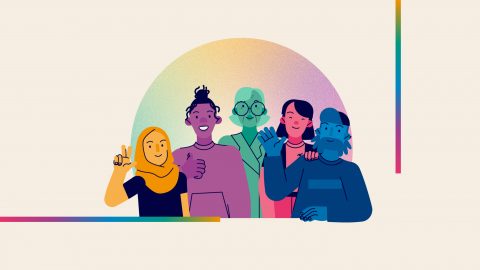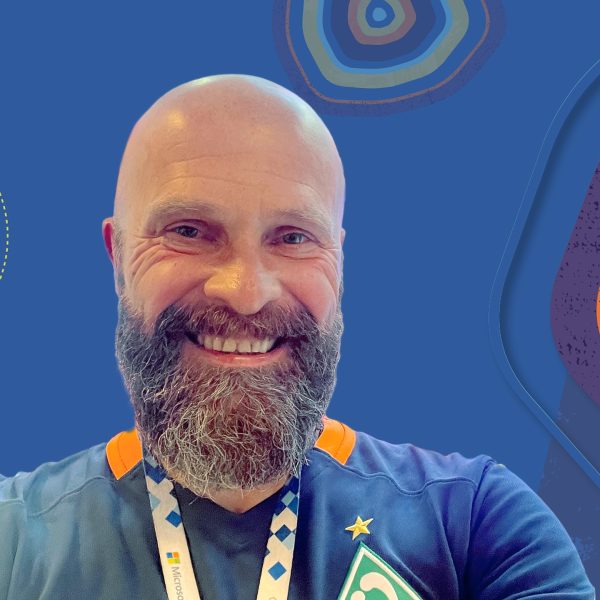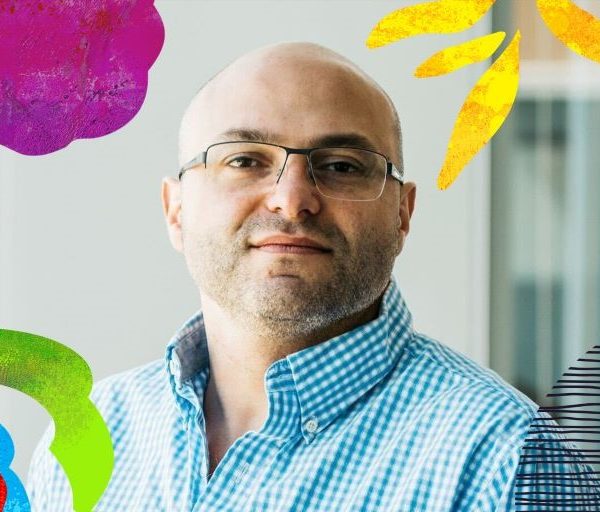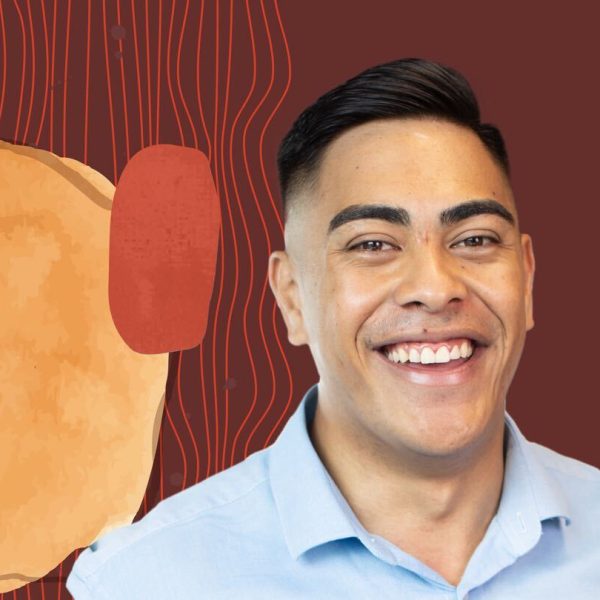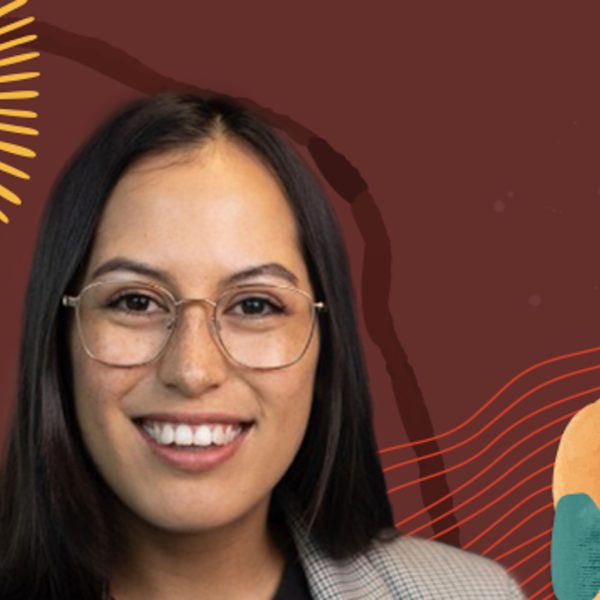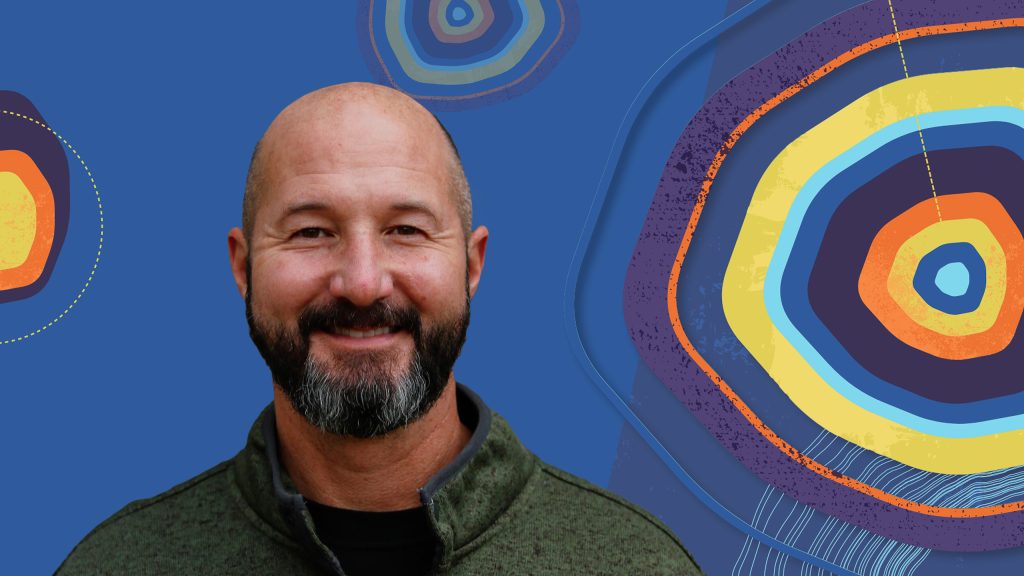
“It wasn’t until I started learning about all the different types of PTSD that I realized you don’t have to have fought in war to have it.”
For Customer Success Account Manager Thad Stafford, struggles with PTSD, anxiety, and substance abuse disorder led to an early retirement from law enforcement—and an unexpected fresh start.
I began working in law enforcement when I was 24 years old after getting my degree in criminal justice. I started out as a patrol officer, moved on to the SWAT team, and then trained other officers. In 2005, I became a detective investigating crimes against children and vulnerable adults—physical abuse, sexual abuse, neglect, and those types of crimes—but eight years in, I returned to patrols as a supervisor.
After about 20 years on the job dealing with so many traumatic things, I was diagnosed with PTSD, anxiety, and depression. I’d grown angry and impatient. I’d have vivid recurring nightmares and wake up with my heart racing and feeling completely unsettled. I also suffered from flashbacks and panic attacks. At the time, I didn’t know how to reach out for help, so I turned to alcohol. Around that time, I got a DWI, which was all over the local media. I ended up making the tough choice to retire because the city I worked for decided I was too much of a liability.
For the next year, I was in treatment for PTSD and substance abuse disorder, all while trying to find a job. I was only trained to do law enforcement—I didn’t really know anything else. One day, my wife, who’s a teacher, connected me with her former student who was a manager at Microsoft. Through our conversations, I eventually applied for a customer success manager job, was selected for an interview, and made it through the interview process, and here I am today.
During my interviews, I was fully transparent about my past and my disability, and Microsoft still took a chance on me. I’ve worked here for four years, and I’ve had four years of sobriety as well. Just being able to show up as my authentic self and be accepted at work continues to keep me feeling more empowered and at ease.
My job here is all about building relationships with customers. I’ve found that the perspective I’ve gained through my challenges with PTSD have made me a more empathetic person. In turn, that empathy has helped me build relationships with customers. When you build those relationships, you earn their trust.
On top of allowing me time off for treatment, my colleagues and managers at Microsoft have been very supportive of my efforts to fight stigma around mental health and alcoholism. As a member of Microsoft’s Disability Employee Resource Group (ERG), I’ve been encouraged to speak at police agencies, universities, mental health organizations, and treatment centers about living with PTSD.
Often when people think of PTSD, they think of soldiers. Because of that misconception, I didn’t initially accept my diagnosis. It wasn’t until I started learning about all the different types of PTSD that I realized you don’t have to have fought in war to have it. That’s one of the reasons I try to get out in front of people as often as possible to raise awareness and normalize discussing it in our communities.












